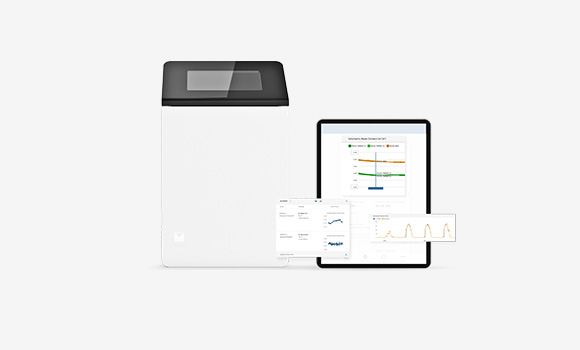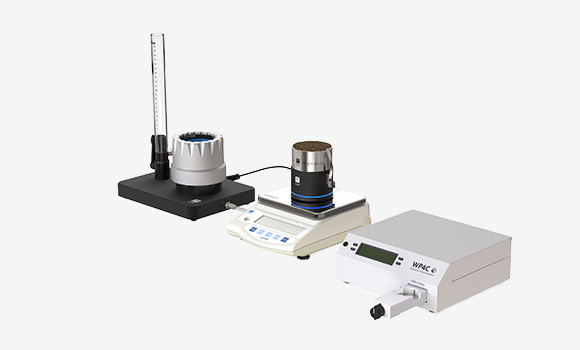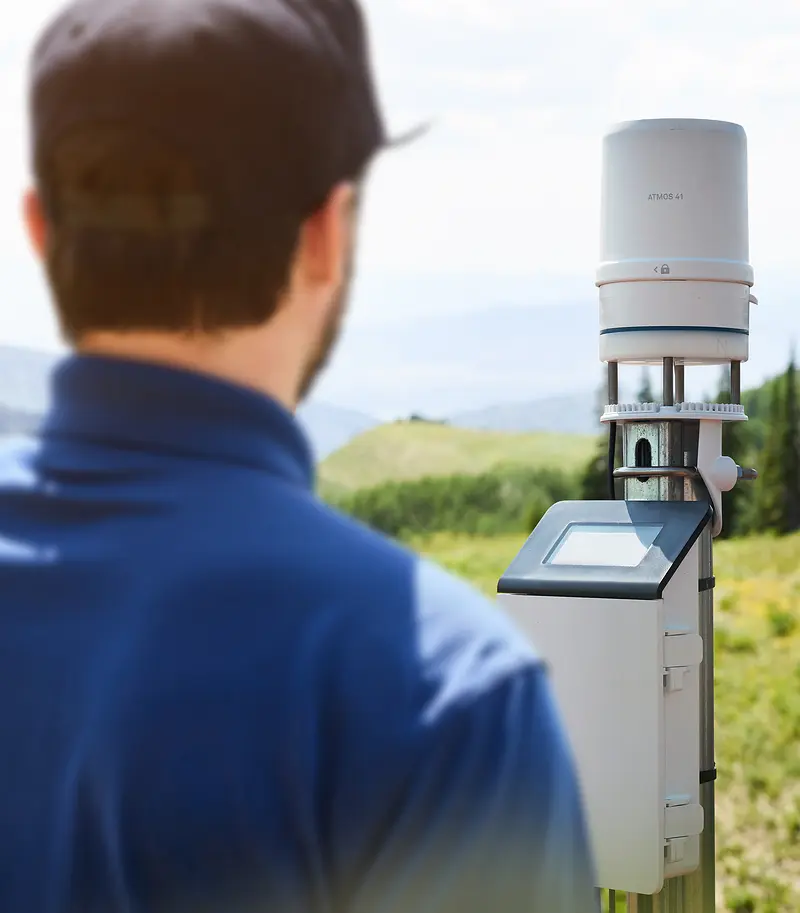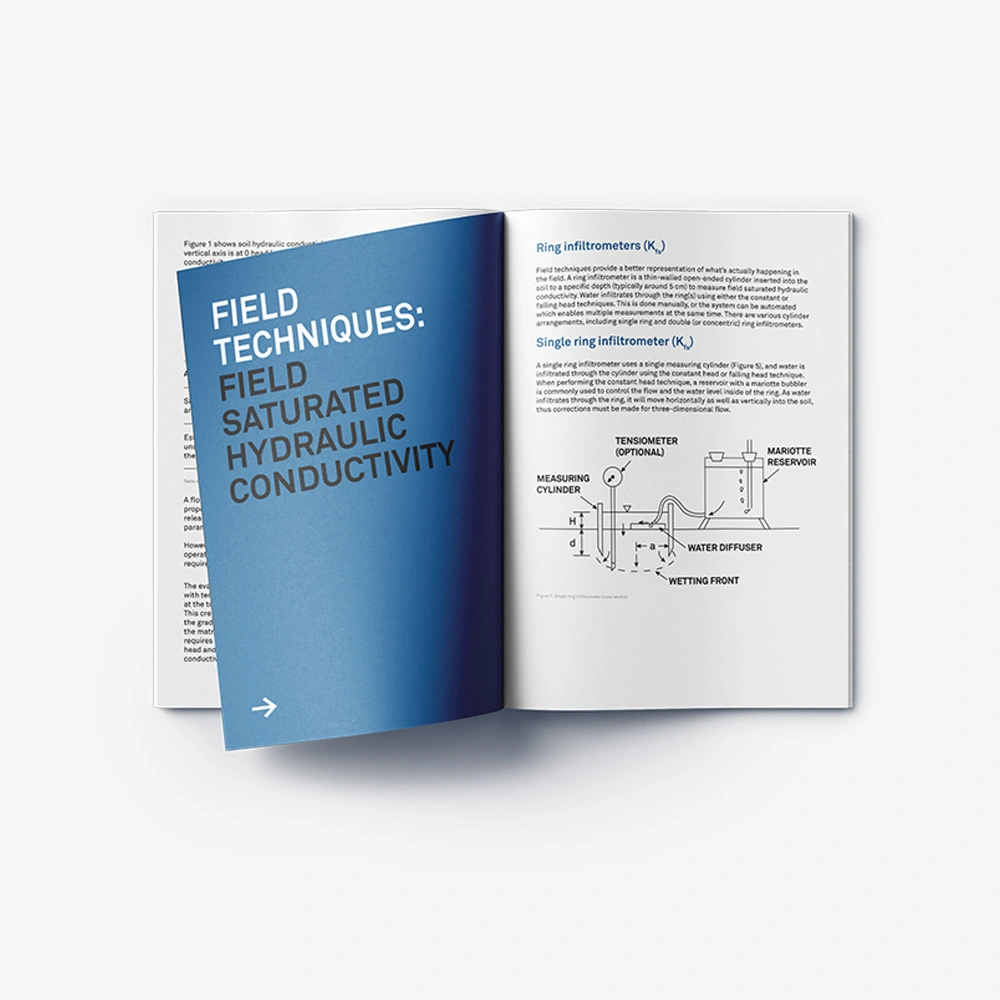Screening for drought tolerance
Screening for drought tolerance in wheat species is harder than it seems.
Measure the photosynthetic activity of your plants using easy-to-use, labor-saving instruments, and better understand the health and lifecycle of your canopy.
Measuring the microclimate with a weather station provides comprehensive data on local atmospheric conditions that directly affect plant and soil processes. Weather stations collect detailed information on temperature, humidity, rainfall, wind speed, and solar radiation, all of which influence soil moisture levels, evaporation rates, and soil temperature.
Directly measure indicators and causes of plant stress rather than relying on intuition or qualitative assessments of your crops and canopy with using cost-effective solutions from METER.

Customize your data collection and logging solution by combining multiple METER sensors with the ZL6 Data Logger and ZENTRA Cloud. ZENTRA stores your data in the cloud, allowing easy access to your data and near-real-time reports from all of your data loggers.
Avoid costly field visits by accessing your data from any web-connected device. Analyze it with ZENTRA’s built-in visualization tools, and easily share insights without tracking down log files on individual computers.
Streamline your laboratory analyses and reduce human error using the innovative LABROS soil science laboratory collection. Perform automated particle size analysis, generate soil moisture release curves, or measure thermal and hydraulic conductivity with METER laboratory instruments designed to produce accurate analyses in a fraction of the time of other methods.
Even better, LABROS instruments can be combined to perform all of these analyses from a single sample, saving time and reducing measurement errors due to variations in sample characteristics.


– Soybean Researcher Clinton Steketee | University of Georgia
Screening for drought tolerance in wheat species is harder than it seems.
Dr. Arron Carter, professor and O.A. Vogel Endowed Chair of Wheat Breeding and Genetics at Washington State University, discusses breeding improved wheat varieties for cropping systems in Washington state that incorporate diverse rotations and environments.
Due to climate change, soybean varieties with improved drought tolerance are needed, but phenotyping drought tolerance in the field is challenging, mainly because field drought conditions are unpredictable.

Receive the latest content on a regular basis.